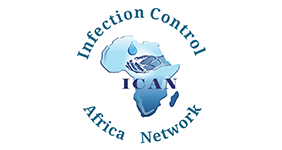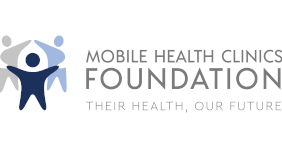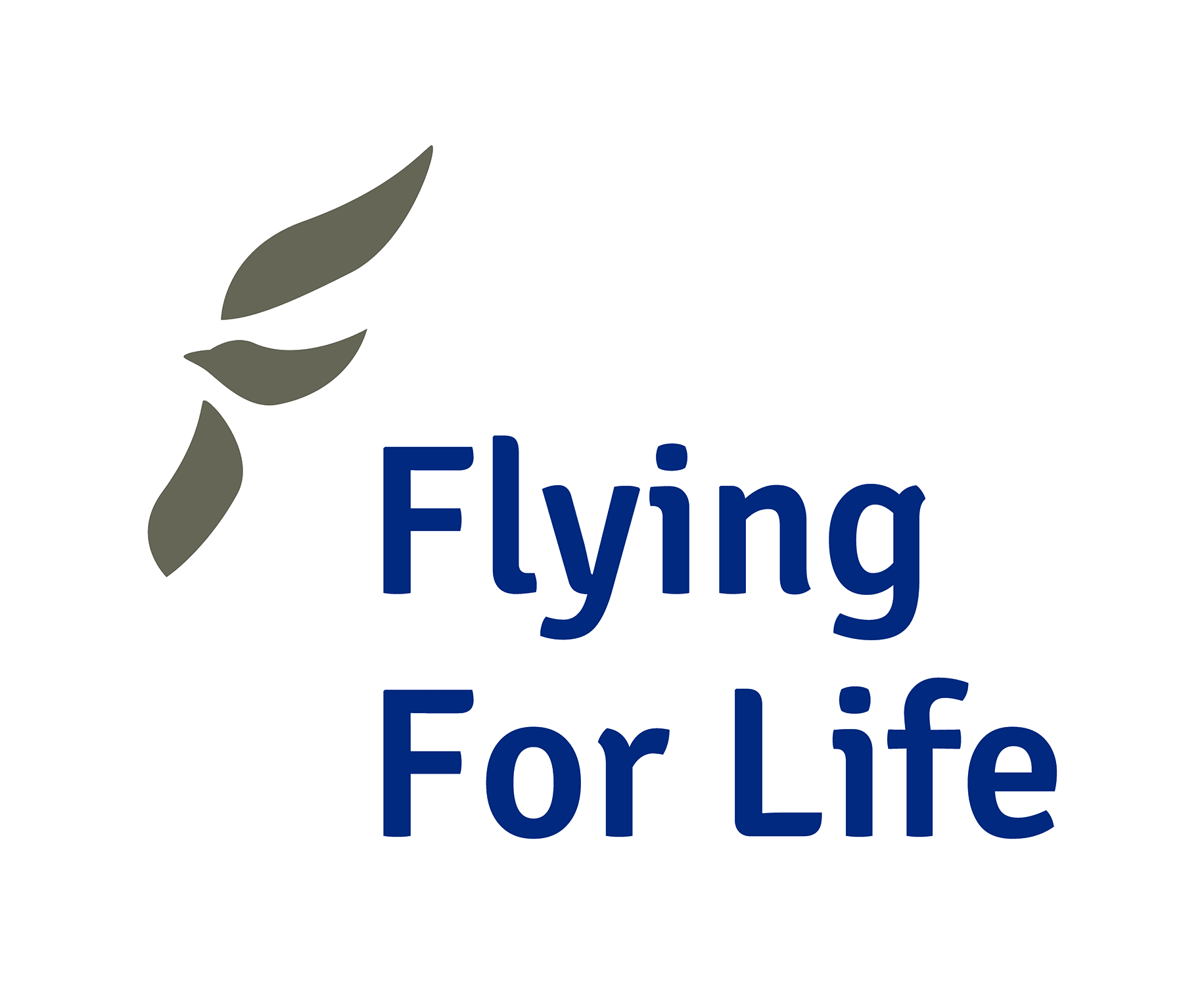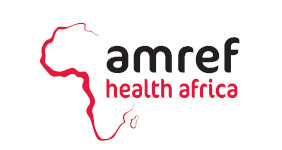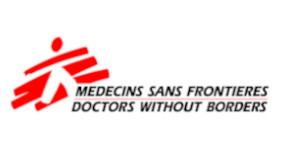Climate change: One of the greatest threats to public health in the 21st century
According to the World Health Organisation (WHO), between 2030 and 2050, global climate change will result in 250 000 additional deaths per year from diseases like malnutrition, malaria, diarrhoea and heat stroke, placing increased stress on health resources and public health systems.
While globally temperatures are expected to rise, on average by 2o Celsius, in South Africa it is anticipated that by 2100 temperatures would have risen by 4o Celsius, causing a detrimental effect on environmental and social health and significantly impacting clean air, water, food and shelter.
Dr Caradee Wright, Senior Specialist Scientist at the South African Medical Research Council and speaker at Africa Health 2018, believes that these climatic changes place South Africa among one of the most vulnerable countries in the world, given the current high incidence of several life-threatening diseases, combined with poverty and inequality of access to health.
“Diarrhoeal infections, malaria, bilharzia and the dengue virus are all diseases which have been shown to be affected by specific climatic factors”, says Wright, adding that some models have suggested a possible expansion in malaria zones in South Africa and the possible spread of the dengue virus from Mozambique and Angola into South Africa.
According to a report in the South Africa Medical Journal, the direct effects of increased temperature include nausea, headaches, elevated levels of kidney and cardiovascular disease, heatstroke and death, while indirectly, chemical pollutants in the air coupled with the distribution and quantity of pollen and other allergens, may worsen respiratory conditions such as asthma and allergic rhinitis.
Reduced rainfall and the increase in evaporation caused by higher temperatures may also lead to reduced quantity and quality of water, which in turn increases the risk of waterborne diseases.
High rates of HIV/AIDS, TB, chronic diseases, cancer, cardiovascular and respiratory diseases in South Africa demand that basic services, such as water, sanitation and waste removal is functioning, efficient and effective. Especially pertinent to vulnerable groups is the need for reducing temperatures in warm weather through the use of natural ventilation, electric fans and air conditioners, where possible. But, since electricity is not always available, novel and innovative solutions are required to address these and other effects of climate change.
Wright believes that these risks add greater responsibility to the healthcare sector and highlights the need for proper planning and interventions to mitigate the health impacts of climate change.
“The current drought in the Western Cape will surely spur national and local governments to develop policies that combine climate change and health management,” she said, stressing that the South Africa public health community has an important role to play in accelerating progress to tackle the adverse impacts of climate change on health.
“Planning and preparedness remain key effective measures for adapting to climate change in the public health sector. All population groups require, and deserve, basic public health systems and services including clean water, sanitation and access to essential primary healthcare.”
“The time to act is now,” adds Wright. “To fulfil their potential, the environmental health profession needs to spearhead discussions regarding critical climate impacts on health and wellbeing and become the stewards of health adaptation measures at the local level.”
Dr Caradee Wright will address the topic of ‘Climate and health science globally and nationally: an update’ at the Public Health Conference at Africa Health Exhibition & Congress 2018, held on 29 May this year. She will also facilitate in-depth discussion and conversation around lived experiences in communities dealing with climate change.
Ends/
Conference cost: From R150 - R300 for online registration. Visit www.africahealthexhibition.com/conference for more information.
More about Informa Life Science Exhibitions:
Informa Life Sciences Exhibitions, in charge of the healthcare portfolio within Informa's Global Exhibitions division, organises 27 exhibitions yearly covering the Middle East, Africa, Asia, Europe and US market, connecting more than 230,000 healthcare professionals worldwide and offering a range of marketing solutions for companies involved with the healthcare sector. Over 100 congresses take place in parallel with the exhibitions.
Informa Life Sciences Exhibitions have a number of digital and print offerings, publishing a variety of healthcare magazines and medical directories, with a readership of top decision-makers in the MENA region’s healthcare industry. Additionally, Omnia, their global medical directory, is a unique digital platform providing company and product information 365 days of the year, allowing users to connect with exhibitors and products in one simple click of a button.
3 easy ways to register:
- Click here to complete the short form
- Email us at [email protected]
- Call us on +27 10 500 8145























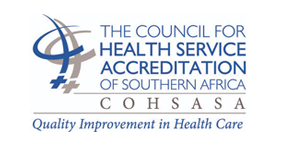
.png)


